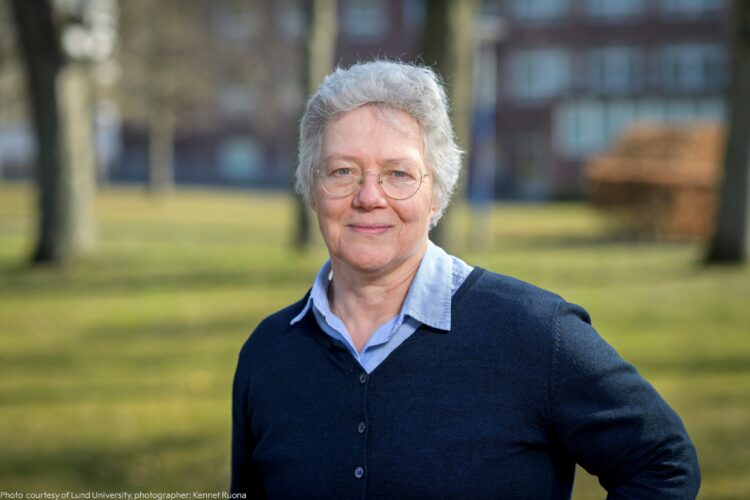The Nobel Prize in Physics for 2023 has been awarded to Pierre Agostini from France, Ferenc Krausz with Hungarian and Austrian citizenship, and Anne L’Huillier from France and Sweden. They have been recognized for their groundbreaking research in developing tools to explore the behavior of electrons within atoms and molecules.
Their pioneering work involves the creation of attosecond pulses of light, which are incredibly short bursts of light lasting for only a few quintillionths of a second. To put this in perspective, there are as many attoseconds in one second as there have been seconds since the universe’s inception, over 13 billion years ago.
BREAKING NEWS
The Royal Swedish Academy of Sciences has decided to award the 2023 #NobelPrize in Physics to Pierre Agostini, Ferenc Krausz and Anne L’Huillier “for experimental methods that generate attosecond pulses of light for the study of electron dynamics in matter.” pic.twitter.com/6sPjl1FFzv— The Nobel Prize (@NobelPrize) October 3, 2023
The Nobel Prize committee highlighted the significance of their research, stating that it offers a means to investigate the rapid movements and energy changes of electrons. This development has opened up new possibilities for understanding the intricate world of electrons, revealing previously imperceptible processes.
Eva Olsson, Chair of the Nobel Committee for Physics, emphasized the potential impact of attosecond physics on our understanding of electron behavior, which plays a fundamental role in various phenomena.
Anne L’Huillier’s contribution to this achievement began in 1987 when she discovered multiple overtones of light generated by transmitting infrared laser light through a noble gas. Her continued exploration of this phenomenon laid the groundwork for subsequent breakthroughs.
Pierre Agostini and Ferenc Krausz collaborated on experiments in the early 2000s that enabled the isolation of light pulses lasting just a few hundred attoseconds. Agostini is a professor at Ohio State University, while Krausz serves as a director at the Max Planck Institute in Germany.
Notably, Anne L’Huillier is only the fifth woman to receive the Nobel Prize in Physics since its establishment in 1901. She is a professor at Lund University in Sweden and expressed her gratitude for this recognition, emphasizing the significance of the prize for women in the field.
Their research not only advances our understanding of fundamental physics but also holds promise for practical applications in areas such as electronics and medical diagnostics.






